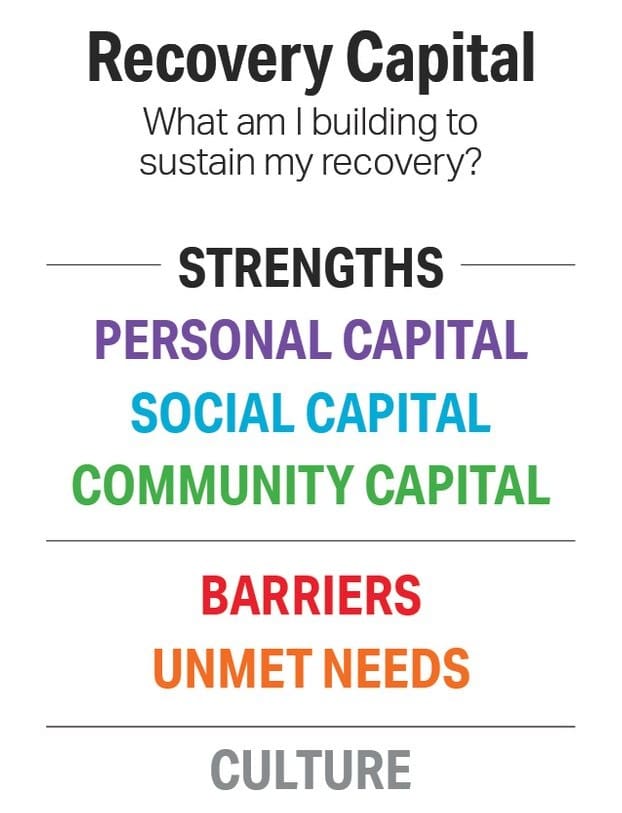
Why do individuals return to use of drugs and alcohol despite completing treatment?
When working in a clinical setting with individuals who struggle with SUD (Substance Use Disorders) and AUD (Alcohol Use disorders) the primary objectives are to help them develop the necessary insight and skills to achieve lifelong remission. The puzzling question remains, why do nearly 70% of individuals eventually return to use? As the Executive Director of an Outpatient Treatment Center, I professionally challenge myself to discover interventions and modalities that will improve those odds. Hopefully, this will increase the chances of sustained remission for anyone engaging in the therapeutic process. With the vast majority of providers utilizing well-established and empirically tested therapeutic models, it is important not to neglect physiological health, well-being, and the accrual of resources as a part of the treatment equation.
Researchers estimate that more than 2/3 of individuals in recovery relapse within weeks to months of beginning addiction treatment (Sinha, 2011). According to a study conducted by the State of Iowa Outcomes Monitoring System (OMS), “Abstinence rates are considerably low, with often less than half of clients reporting abstinence at 6-month follow-up”. it is without question that there are multiple factors that influence those numbers. As an individual focuses their efforts to overcome substance misuse, abuse and SUD/AUD, it is imperative that they identify and capture key personal and social resources. Treatment approaches must be tailored to address individual drug use patterns and drug-related medical, psychiatric, environmental, and social problems (NIDA, 2018).
What is the current gold standard for measuring treatment outcomes?
When assessing the effectiveness of treatment, it is important to do so through measured outcomes encompassing specific life domains. The ‘Gold Standard’ for evaluating treatment and measuring treatment outcomes is known as the BARC-10 (Brief Assessment of Recovery Capital-10). Professors William Cloud and Robert Granfield from the University of Denver Graduate School of Social Work, state that, ‘Recovery capital’ is the sum of personal and social resources at one’s disposal for addressing drug dependence and, chiefly, bolstering one’s capacity and opportunities for recovery.
Here at Pennsylvania Recovery Center, we provide a unique treatment experience and individualized approach to care. The highly skilled professionals and credentialed clinical team have an efficacious method to increasing the agency of each client and their multisystemic functioning. With the implementation of the BARC-10, we will be able to quantify areas of clinical effectiveness related to specific life domains. The BARC-10 will provide invaluable data that will not only steer clinical programming but will provide clients will a personalized evaluation from the moment they enter the treatment continuum and up to one-year post-treatment.
If you or a loved one are struggling with alcohol or drug addiction please don't hesitate to reach out at 610-233-4342 or email us at: admissions@parecoverycenter.com
Resources:
Hedden S, Guard M, Arndt S. State of Iowa Outcomes Monitoring System: Year 14 Annual Outcome Evaluation Report. Iowa City, IA: University of Iowa: Iowa Consortium for Substance Abuse Research and Evaluation; 2012.
NIDA. (2018, July 2). Media Guide. Retrieved from
https://archieves.drugabuse.gov/publications/media-guide on2023, January 12
“Conceptualizing recovery capital: Expansions of a theoretical construct,” published in The International Journal of the Addictions in 2008. William Cloud and Robert Granfield
Sinha, R. (2011). New findings on biological factors predicting addiction relapse vulnerability. Current Psychiatry Reports, 13(5), 398–405. https://doi.org/10.1007/s11920-011-0224-0



